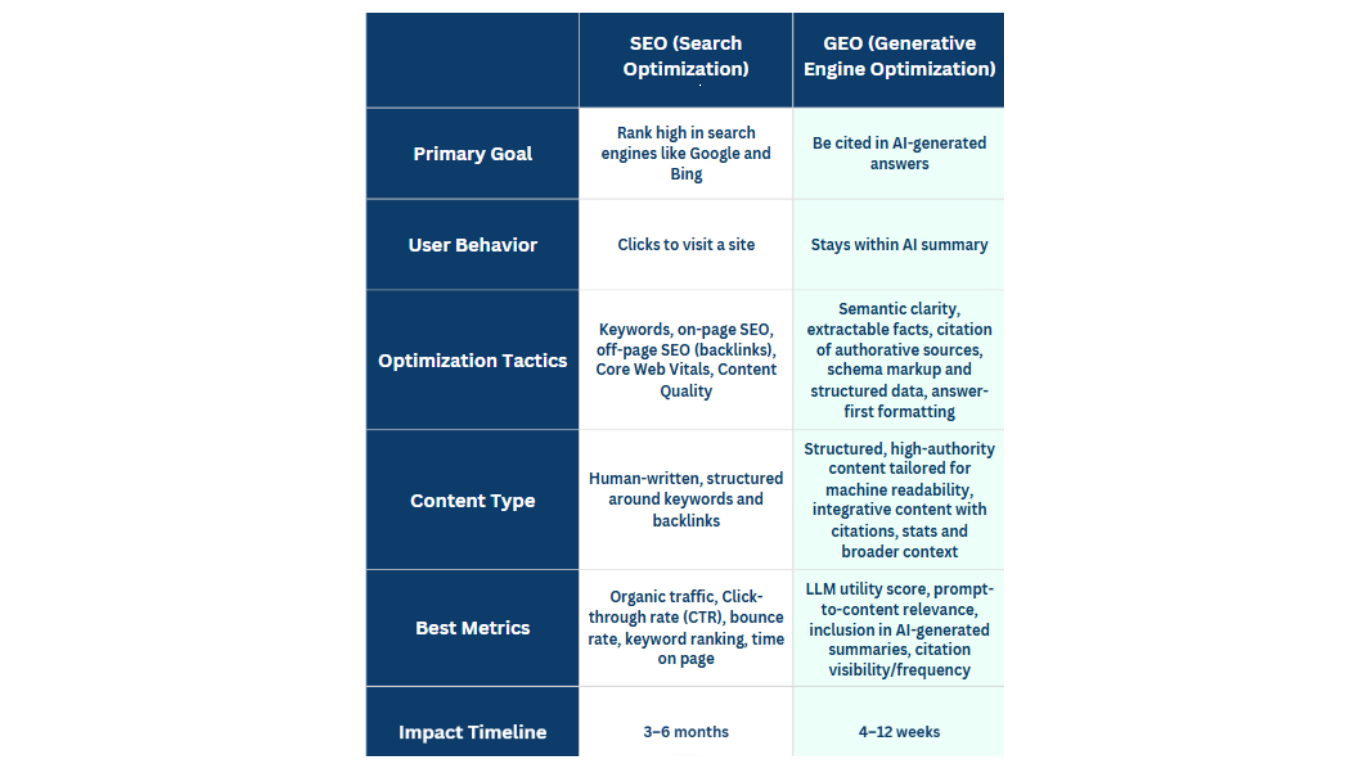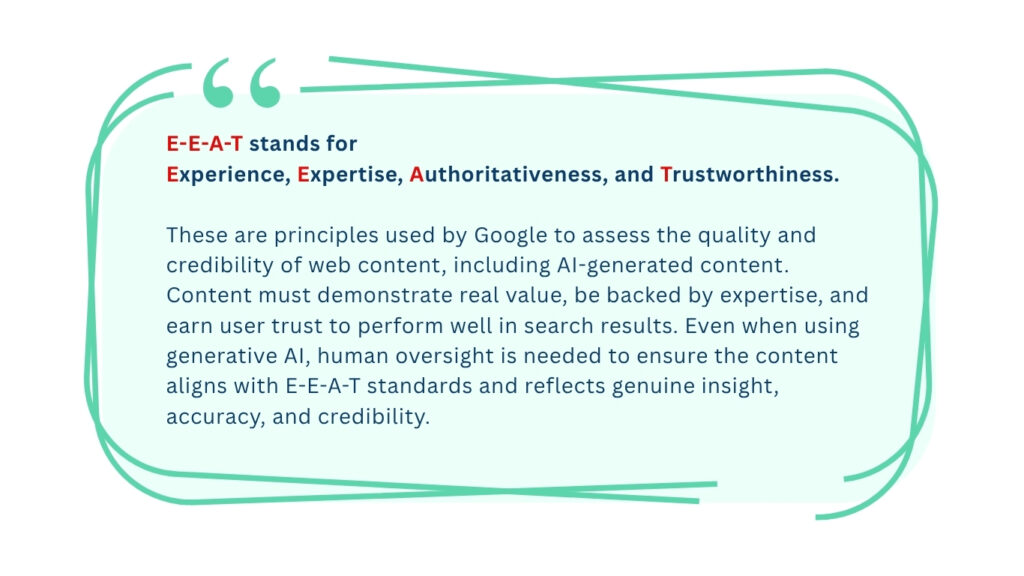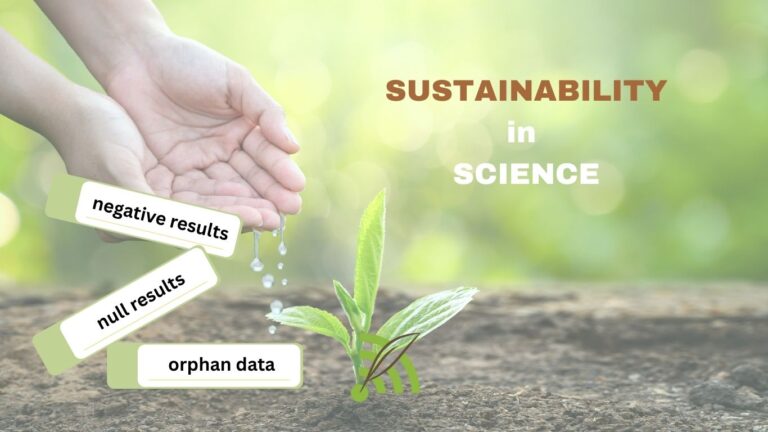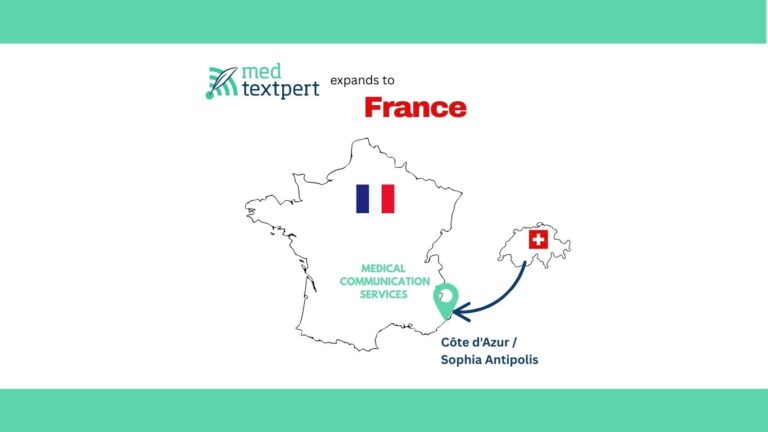Welcome to the Search Revolution You Didn’t Ask For - "GEO"
Until recently, optimizing your digital footprint meant ranking high on Google, not just in Pharma or MedTech. If your medical content, whether for HCPs, patients, or payers, appeared on the first page of search results, that was a win. Traffic followed. Awareness grew. Mission accomplished.
Not anymore.
In 2025, the way your stakeholders (and you) find and consume information has changed dramatically. Healthcare professionals, procurement teams, and patients are increasingly relying on AI-powered search engines like Google AI Overviews, Perplexity, and Bing Copilot. These tools don’t serve up a list of links, they deliver synthesized, AI-generated answers.
We all have become so accustomed to it that, in most cases, we rarely click beyond the summary.
That means if your content isn’t quoted or cited directly by AI, it’s invisible and so is your message (and brand).
This is the era of Generative Engine Optimization (GEO)*, an approach focused on making your content extractable, trustworthy, and preferred by generative AI engines like ChatGPT, Gemini, Claude, and Perplexity. Unlike SEO, which aims to attract clicks through rankings, GEO is about becoming the source AI tools quote when answering your audience’s questions.
GEO is not just a marketing adjustment. It’s a scientific and strategic discipline that demands technical structure, semantic clarity, and authoritative communication.
And it’s one your internal teams likely aren’t equipped to handle alone (yet).
Why Traditional SEO Isn’t Enough Anymore
Let’s be clear: SEO still matters.
Search Engine Optimization remains the foundation for discoverability. It ensures your content ranks on Google and drives traffic to your site. But in 2025, it’s no longer sufficient.
In 2024, 65% of all global Google searches were estimated to be zero-click. This means users found the answers they needed directly on the search engine results page, without clicking through to any external website. This trend is expected to continue growing, potentially surpassing 70% by 2025.
That’s because users receive their answers directly from AI-generated summaries, which draw from multiple online sources, often without providing links back.
This means your meticulously developed content may be informing AI, but unless it’s structured for citation, you’ll never know. And your audience won’t either.
Academic research from Princeton, Georgia Tech, and The Allen Institute for AI confirms that GEO-ready content, that means content with citations, quotations, statistics, and semantic structure, boosts visibility in AI-generated responses by over 40%.¹
Aggarwal P, Murahari V, Rajpurohit T, et al. GEO: Generative Engine Optimization. Presented at: ACM SIGKDD Conference; 2024; Los Angeles, CA. Preprint available at: https://arxiv.org/abs/2402.09360
If you’re not preparing for this shift, your competitors might already be claiming your space.
What Is GEO, And Why Does It Matter now?
Generative Engine Optimization (GEO) is the process of optimizing content so that AI-powered search engines can recognize, extract and quote it in response to user queries.
It’s what ensures that when a physician, patient, or policy expert, for instance, asks ChatGPT, Perplexity, or Google AI Overviews a question, your content is part of the answer.
And that’s a game-changer. Where SEO seeks to get your website on Page 1, GEO ensures your content is what AI models quote in the answer box.
Here is how GEO works
- AI engines scan the entire web, extract high-authority information from multiple trusted sources, and use large language models (LLMs) to synthesize a single, cohesive response.
- These AI-generated answers appear instantly – no list of links, no follow-up clicks.
- If your content isn’t clearly structured, semantically rich, and citation-ready, it simply won’t be included.
It’s not about ranking anymore. It’s about being the source the AI trusts enough to quote.
This shift requires content that:
- Uses clear headings, structured data, and natural language
- Embeds statistics, quotations, and authoritative sources
- Aligns with user query intent across informational, transactional, and navigational categories.
It’s no longer about being the destination. It’s about being the answer.
The Cost of Invisibility
In today’s AI-driven landscape, simply producing high-value medical content is no longer enough.
Think of the assets you’ve invested in over the past few years:
- HCP landing pages
- Clinical trial summaries
- Disease awareness campaigns
- Medical device explainer content
- Patient education hubs
- Real-world evidence (RWE) infographics and videos
Now ask yourself:
- Are they AI-readable?
- Are they structured to be cited by LLMs?
- Do they include quotations, stats, and schema that AI recognizes?
If not, your most valuable content may be missing from AI-generated outputs – leaving even your best investments invisible where it matters most.
SEO vs. GEO - A Strategic Comparison for Life Sciences
To better understand how content must adapt in the evolving search landscape, the following table provides a simple comparison between traditional SEO and GEO approaches.

The key takeaway is that optimizing solely for SEO means winning a battle in a war that has already moved on – particularly in slower-adapting fields like medical and regulatory writing.
As generative AI engines have become increasingly influential in how information is discovered and consumed, adopting GEO strategies is essential to ensure content remains visible and authoritative in this new search paradigm.
Why In-House Teams Can’t Close the Gap Alone
So far we have learned that GEO isn’t just a minor extention of SEO. It’s a new playbook demanding skills at the intersection of:
- Deep expertise in content and domain authority
- Understanding of AI behavior and LLM crawling logic
- Proficiency with structured data, llms.txt files, and AI-friendly formatting
- Strategic alignment with E-E-A-T principles, user intent, and regulatory boundaries
Even the best internal teams often lack:
- GEO-specific monitoring tools for AI citation tracking
- Time to “retrofit” assets with AI-optimized structure
- Proven workflows to balance scientific rigor with machine readability.
And that’s exactly where we, MEDTEXTPERT, could come in.
How medtextpert Closes the AI Visibility Gap
At medtextpert, we bridge the divide between traditional medical communications and the new world of AI-driven visibility.
We help Pharma and MedTech companies:
- Build GEO-optimized content designed for both human engagement and AI citation (and of course, content that ranks in traditional search)
- Retrofit clinical and educational assets to meet GEO best practices
- Implement llms.txt and structured data to guide AI crawlers
- Monitor your content’s appearance in AI-generated responses (AI footprint) across platforms
- Deliver high-quality, compliant, and credible content designed to be the answer.
In 2025, success means being trusted not just by audiences, but also by algorithms.
The Future of Visibility Is Being the Answer
Generative search isn’t a trend. It’s the new reality. GEO is how you stay visible, credible, and competitive in an AI-first healthcare landscape.
Your audiences, such as physicians, patients, payers to name a few, are already turning to AI for answers.
The question is: Will those answers include your content? Or someone else’s?
Investing in GEO isn’t optional. It’s the next phase of medical marketing communications. Working with an agency, like Medtextpert, that understands the behind the scenes and processes in generative AI is the only way to stay ahead.
Explore our AI Service Offering or reach out to medtextpert today and take the lead in the AI-first future of healthcare communication.
Ready to Future-Proof Your Content?
Here’s how we can help you stay visible in the AI age:
✅ Request an audit
We’ll assess your existing content and highlight where it’s underperforming in GEO.
✅ Book a strategy call
Get custom advice on how to integrate GEO into your upcoming campaigns, disease awareness sites, or medical content.
✅ Let us train your team
Ask for our AI-readiness workshops designed to upskill your communications, marketing or medical affairs teams.
Let’s make your message the one that gets included in the answer box – together!
* “In my humble opinion, the term ‘GEO’ – is a very unfortunate choice. It’s vague, already tied to unrelated concepts like geolocation and geopolitics, and feels like a forced echo of SEO. It misses the clarity and precision we expect in the AI space, truly an unfortunate choice of abbrebation.”– Katja Martin
Acknowledgement:
We utilised Generative AI (e.g., Perplexity, ChatGPT) for assistance with structure, content suggestions, and rephrasing. AI-generated text was thoroughly reviewed and edited as needed.





